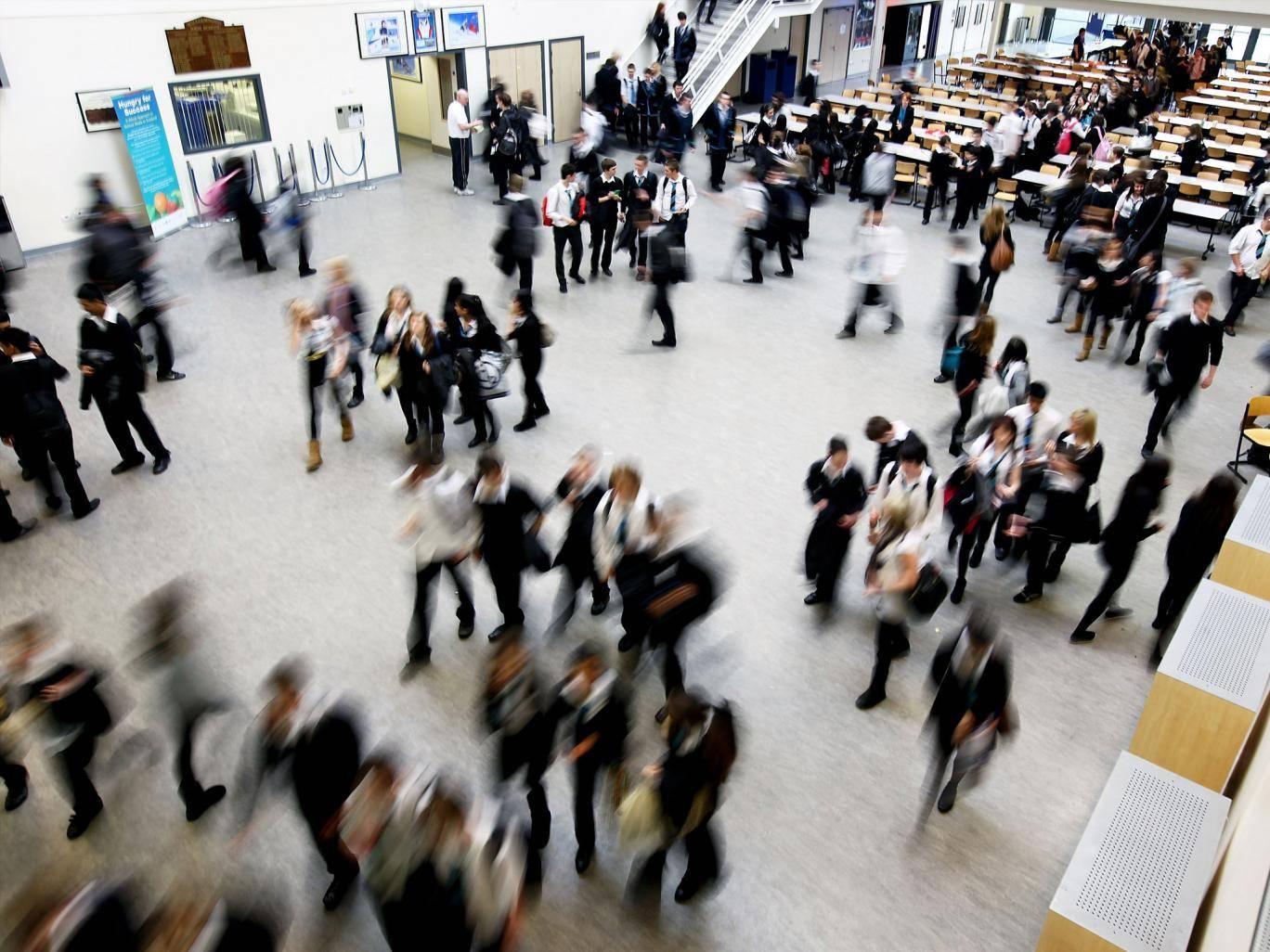Excluded children and parents should be protected by ‘bill of rights’, say experts
Vulnerable children with special needs experience 'a lot of shaming' for their behaviour in some schools, charity leader says

Your support helps us to tell the story
From reproductive rights to climate change to Big Tech, The Independent is on the ground when the story is developing. Whether it's investigating the financials of Elon Musk's pro-Trump PAC or producing our latest documentary, 'The A Word', which shines a light on the American women fighting for reproductive rights, we know how important it is to parse out the facts from the messaging.
At such a critical moment in US history, we need reporters on the ground. Your donation allows us to keep sending journalists to speak to both sides of the story.
The Independent is trusted by Americans across the entire political spectrum. And unlike many other quality news outlets, we choose not to lock Americans out of our reporting and analysis with paywalls. We believe quality journalism should be available to everyone, paid for by those who can afford it.
Your support makes all the difference.Excluded children and their parents should be protected by a “bill of rights” which would give them better scrutiny of a school’s decision to get rid of them, special educational needs experts say.
The idea was first proposed by the chair of the education select committee Robert Halfon, amid concerns about rising school exclusions.
The Tory MP's proposal for clear rules and a clear appeals system is now getting more support from across the sector.
Jules Daulby, director of education at the Driver Youth Trust, a charity which focuses on children with Special Education Needs and Disabilities (SEND), told MPs that “a bill of rights” was needed.
“There absolutely should be a bill of rights for parents and children that are not coping, or who have been excluded from mainstream, and we should know much more about them," she said.
At an education select committee hearing on alternative provision, Ms Daulby said a bill could work if it promoted accountability, tracked pupils in the system and involved from families an early stage.
Louise Gazely, a senior lecturer in education at the University of Sussex, added that some families need more support to fight for the rights of their excluded children than others.
She said: “Some parents are very much better placed to assert their rights than others, and one of the issues is many of the children who get tied up in these processes have parents who do not have the knowledge, the understanding, the trust, the experience to exert their rights.”
Dr Gazeley added: “I think it’s really important to recognise that some parents can leverage the system and some can’t and we need to think about how we help them.”
Earlier this year, Mr Halfon told the Schools Week newspaper that he was concerned about the lack of protection for pupils and their parents in situations where the child may have been wrongly excluded
He said: “There should be clear rules. I’m not against the headteacher having an important say, but at the moment the parent has no proper rights. I want a clear appeal system that works.”
At the education select committee hearing today, Ms Daulby also called for schools’ zero-tolerance policies on behaviour to have more flexibility – especially for children with SEND.
“The majority of exclusions are around persistent, disruptive behaviour,” she said. “I know that is disruptive for a class but it is much more complex."
Ms Daulby added that vulnerable children experience “quite a lot of shaming” for their behaviour.
Last month, teachers claimed that taking a zero-tolerance approach to discipline – which can lead to more school exclusions - amounted to “child abuse”.
At the hearing, Ms Daulby said pupil referral units (PRU) in Dorset have had to close its doors to pupils who have been suspended or at risk of exclusion because of a pressure on places.
She said: “Dorset has just closed all its PRU units to children unless they are permanently excluded. They have shut their doors for the summer term because they are absolutely full and they have a waiting list. I don’t know how we’ve got to that situation.”
The Department for Education recently launched a review into school exclusions following a rise in exclusion rates in the last couple of years.
Join our commenting forum
Join thought-provoking conversations, follow other Independent readers and see their replies
Comments